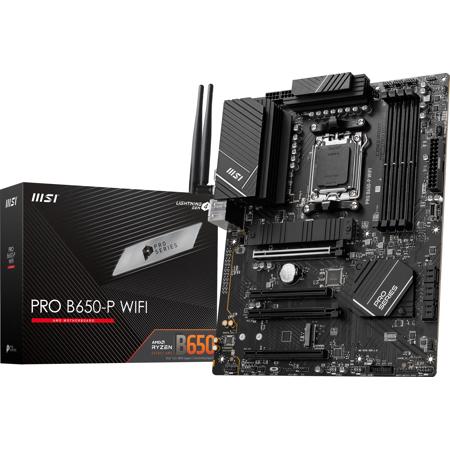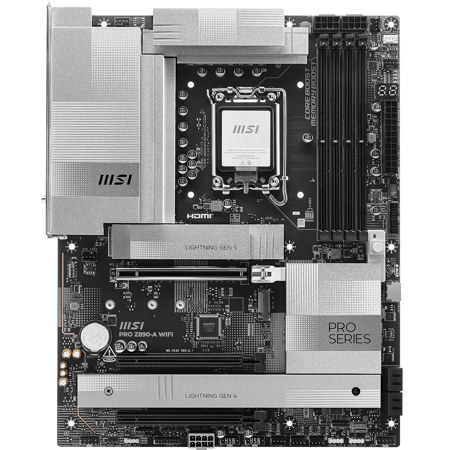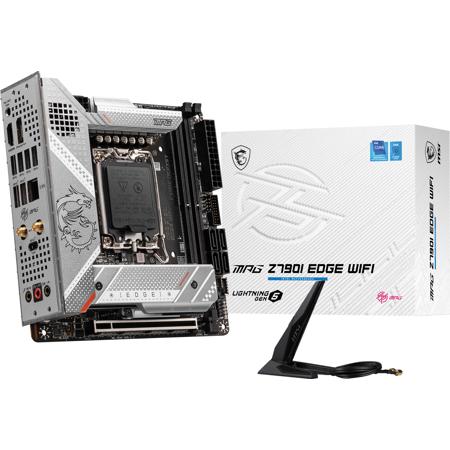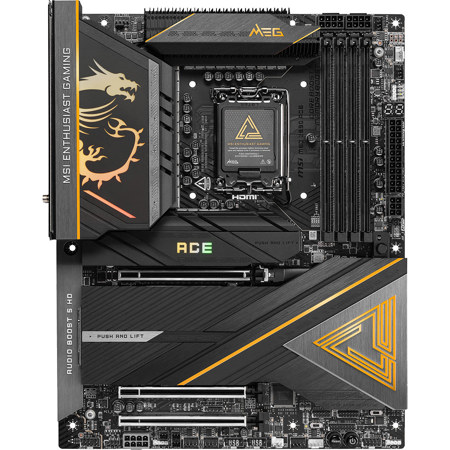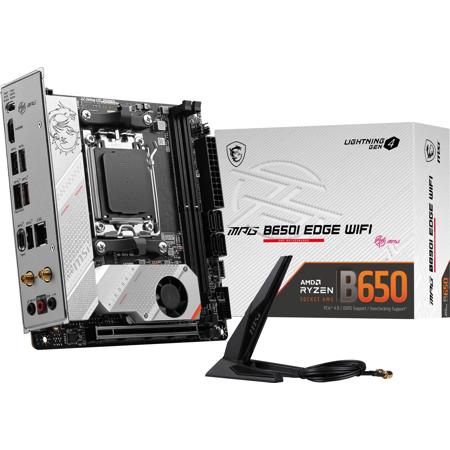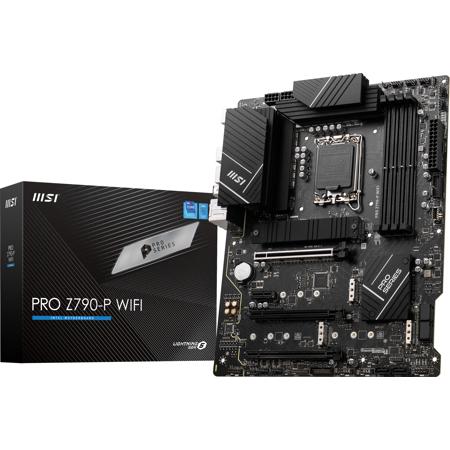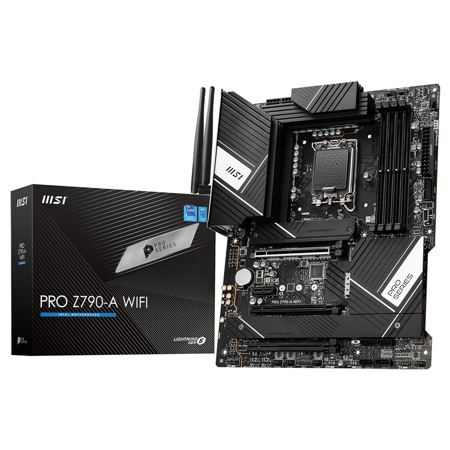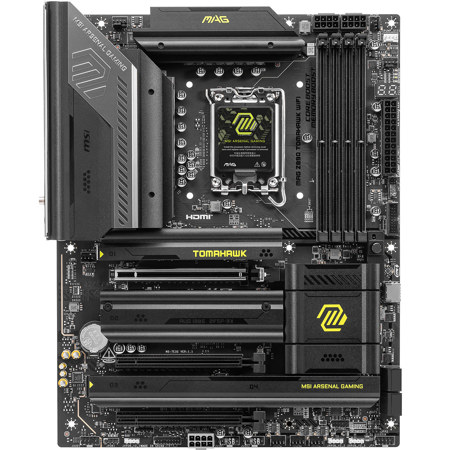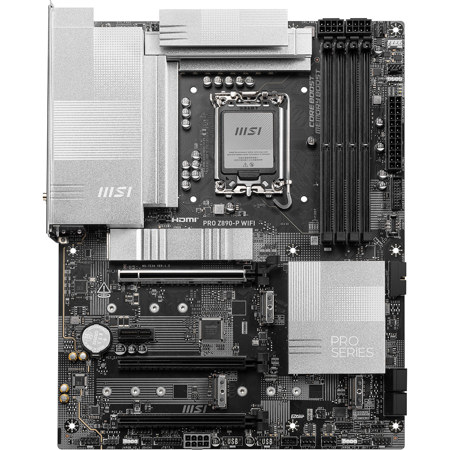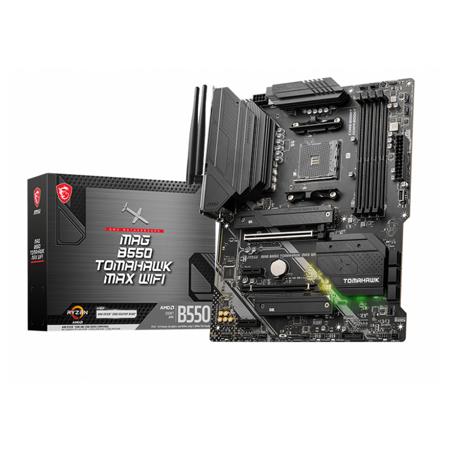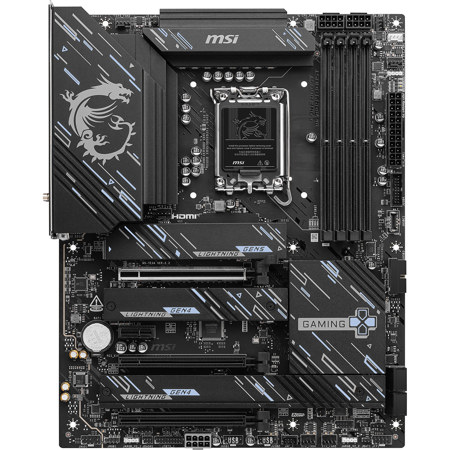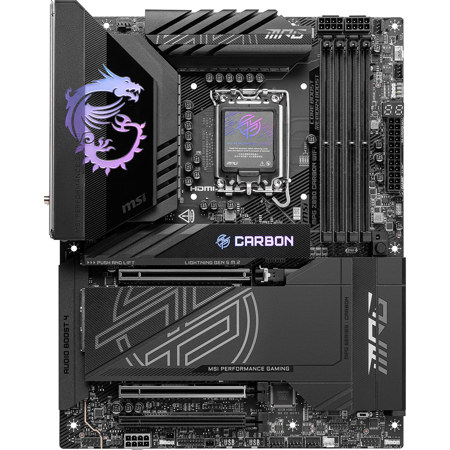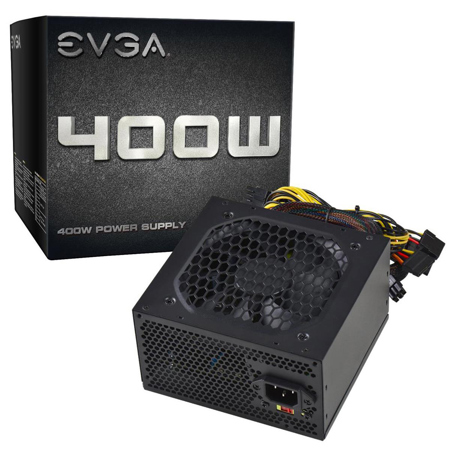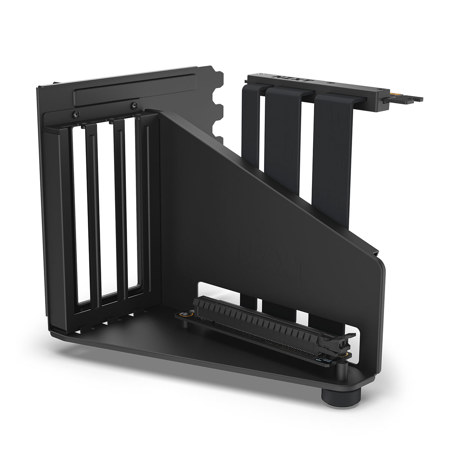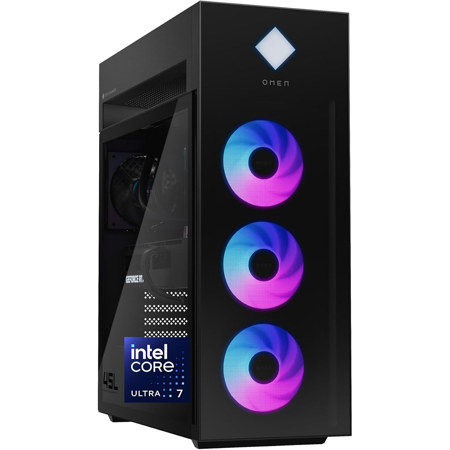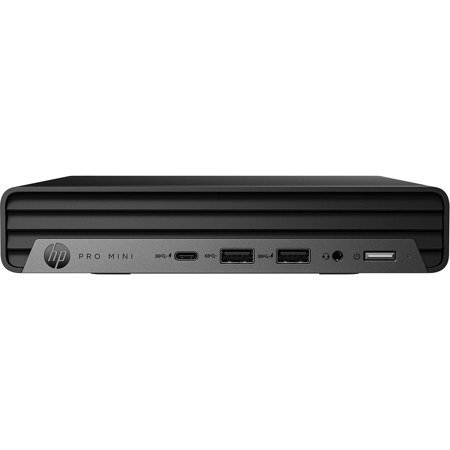Desktop Motherboards
As the heart of any custom-built PC, desktop motherboards are the foundation upon which every high-performance system is constructed. Whether you’re a seasoned system builder, a creative professional, or a passionate gamer, selecting the right motherboard is a crucial step in bringing your vision to life. This time of year, as the autumn air settles in and tech enthusiasts prepare for new projects or upgrades, it’s the perfect moment to consider how a new motherboard can transform your computing experience. The motherboard determines not only which processors you can use, but also influences memory compatibility, expansion options, and future upgradeability. For those eyeing the latest generation of processors, finding the best motherboard for Intel Core i9-14900k is essential to unlock the full potential of that powerhouse chip. A robust motherboard ensures stable power delivery, advanced cooling solutions, and the connectivity required for demanding workloads—whether you’re editing high-resolution video, rendering complex 3D scenes, or streaming intense gaming sessions.
Desktop motherboards also make thoughtful and practical gifts for tech-savvy friends or family members, especially as the back-to-school season and holidays approach. Imagine the excitement on a loved one’s face as they unbox the key component needed for their dream PC build. For students heading to college or anyone setting up a home office, a reliable motherboard lays the groundwork for a system that will last through years of study, work, and play. When choosing a motherboard, it’s important to consider the form factor—ATX, microATX, or Mini-ITX—based on the available space and intended use. Enthusiasts who crave extensive customization will appreciate motherboards with multiple PCIe slots for graphics cards, high-speed storage options like NVMe M.2 slots, and advanced networking features. Meanwhile, casual users or first-time builders can benefit from user-friendly BIOS interfaces and built-in troubleshooting features that make assembly and maintenance straightforward. As technology continues to evolve, investing in a motherboard with support for the latest standards—such as DDR5 memory, PCIe 5.0, and Wi-Fi 6E—ensures your system remains relevant and ready for future upgrades.
No matter your level of expertise, taking the time to match your motherboard to your processor, peripherals, and performance goals will pay dividends in system stability and satisfaction. Those looking to pair their build with the latest Intel CPUs can explore a wide range of compatible options on our Intel Processors Motherboards page, where you’ll find motherboards designed to deliver exceptional performance and reliability. Whether you’re assembling a powerhouse workstation, a sleek home theater PC, or a gaming rig ready to tackle the latest titles, the right motherboard is your ticket to a seamless and enjoyable computing experience. With thoughtful selection and attention to detail, your next desktop build will be ready to handle whatever challenges and adventures the new season brings.
